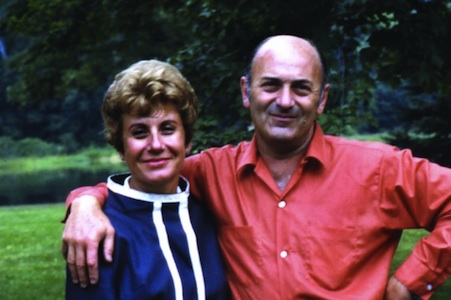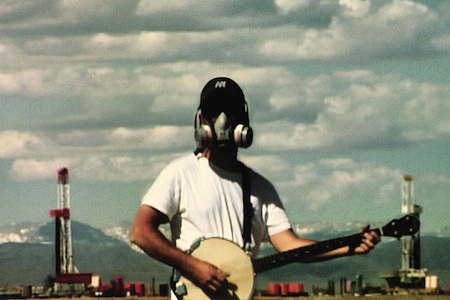
I love documentaries. I love it when truth (as perceived by the filmmaker) is stranger than fiction and well presented with a point of view. So it was with great excitement and anticipation a few years ago when I started looking at documentary submissions for a television documentary series and a couple of film festivals. Having programmed films for festivals for many years, I knew what to expect: lots of well-intentioned films, most of them just okay, a few less fair to poor, a handful above average worth considering, a very few stellar. It remains gratifying: on a personal level it’s the excitement of discovering something genuine, perhaps some new young talent. On a higher, altruistic level it’s making sure the documentary cream rises to the top and you, the viewer, can select from the best quality non-fiction offerings. Yes, it’s a cool thing, but it requires discipline and stamina, an open mind, a sense of excitement and passion in spending hours sifting through the films. I take in documentaries of all kinds— from the ones that do the festival circuit to ones that may never find themselves on any screen of any size—and give a succinct, honest evaluation of each one. Sometimes I want to be a fan and gush…other times I become upset by a filmmaker’s choices. But I remain professional and think about what could have been done to make it better. It’s fun but it’s work and bears heavy responsibilities. To make the viewing process enjoyable and not a grind (especially when going long stretches without seeing anything decent), I try to adhere to a few key rules (no watching in PJs; breakfast well digested, no texting; no prejudging; no recreational drugs) and have come up with a few rules for myself (below) should I ever be in a position to make a documentary.
Some of the best documentaries contain exceptions to the rules below: Michael Moore successfully uses his everyman persona to uncover the seamy underside of American politics and big business (and doesn’t wear a “Cat in the Hat” hat unlike at least one other filmmaker has); Alan Berliner (Nobody’s Business) and Doug Block (51 Birch Street) have created moving documentaries when turning their cameras on their respective families; in Gasland we see Josh Fox drive across the country while uncovering lies and contamination by gas companies. But if I were making my first documentary I’d want to steer clear of any pitfalls and stick to the basics. And though I’d be tempted to put myself in front of the camera, for sure I’d avoid Burning Man and any bathtubs.

1. If I choose to narrate the documentary, I will not explain why I must make the film. I’ll let the film speak for itself. If I confess at the beginning that I’m not really a filmmaker but need to make this for my children and grandchildren, most likely only they will ever see the film.
2. I will not put myself in the film if the topic has nothing to do with me personally despite how attractive or witty I may feel I am; if I choose to anyway, I will not wear a silly hat.
3. I will never make a documentary about Burning Man. Based on the numerous Burning Man docs I’ve seen, I think you’ve just got to be there.
4. I will seek family therapy before making a film about my dysfunctional upbringing and ambushing my parents and/or siblings while safely behind a camera.
5. If I still choose to make a personal documentary about my dysfunctional upbringing and need to vent and whine to the camera, I will not do so while sitting in a bathtub.
6. I will not use up time by including a shot of myself getting into my car and driving to where I’m going to film or to the house of whom I’m going to interview. I will not include a shot of myself driving from the passenger seat point of view.
Brian Gordon has spent twenty-plus years in the film festival world. As the Golden Gate Awards Director at the San Francisco International Film Festival he developed its documentary and shorts competition into one of the most respected film competitions. As Artistic Director of the Nashville Film Festival his accomplishments include increasing the breadth of the film selection, initiating an award presented by local resident Al Gore for the best environmental documentary and spearheading a community outreach program that significantly diversified festival audiences. Currently based in Manhattan, Brian works with filmmakers and festivals and serves as a Programming Associate for the Sundance and Tribeca Film Festivals and the PBS series POV.




